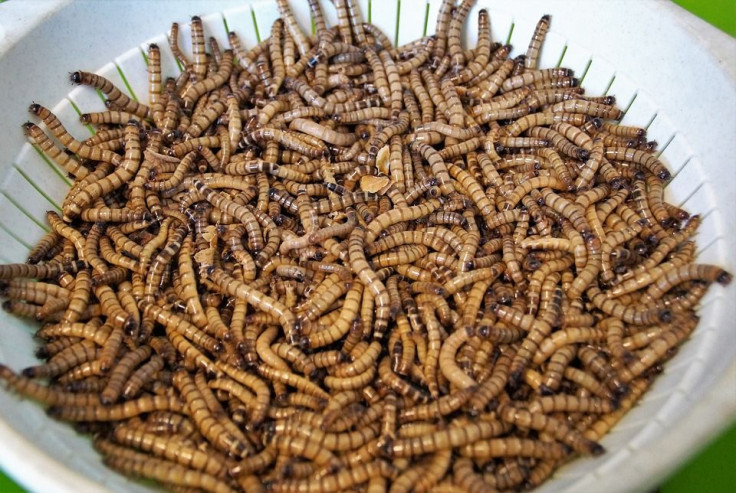Bugs could soon be making their way onto dinner plates in Europe as the European Food Safety Agency gave the greenlight to use yellow mealworms as human food. The decision came from the health watchdog on Wednesday in a bid to pave the way for edible insects to be produced and marketed either in its whole form or dried.
Mealworms are the first of what could be a possible list of insects to be approved safe for human consumption by EFSA and are expected to hit the supermarket shelves soon.
According to EFSA chemist and food scientist Ermolaos Ververis, mealworms is the first insect that the EU agency has assessed under a "novel food" regulation which came into effect in 2018. This triggered a flood of applications for similar food alternatives lining up to get an approval, Forbes wrote.
“There is great interest in the scientific community and also the food industry in the edible insect sector”, Ververis said.
Although plant-based alternative meat options are still not a popular niche market, the lack of competition offers huge investment opportunities for the food industry. Global investment for meat alternatives has risen from $31 million in 2016 to $1.3 billion in 2020.
Interestingly enough, a subsection of this falls under insect based food for both human and animal use. However, despite a rather growing taste for such a curious culinary ingredient, the EU has been lagging on this due to a ban on the sale of insects-as-food in most countries across the globe.
As it is, insect based food has already made its way in some supermarkets in the UK, Netherlands, Belgium, Finland and Denmark. Large companies looking to penetrate the global market have since been lobbying the EU for approval of these products to be sold in all European countries.
An article in New Europe explains that insect-based food is actually rich in protein, fat and fiber and free of contaminants. These can be eaten whole or dried and used in the form of powder that can added to several everyday dishes. Economic statistician and professor at the University of Bologna Mario Mazzocchi says consumption of insect based food could contribute to resolving sustainability challenges as insects produce less waste and result in reduced greenhouse gas emissions.
EFSA said it has received about 156 applications for novel food safety assessments since 2018 with applications covering everything from algae-derived foods to a wide variety of insect species.

© 2025 Latin Times. All rights reserved. Do not reproduce without permission.



